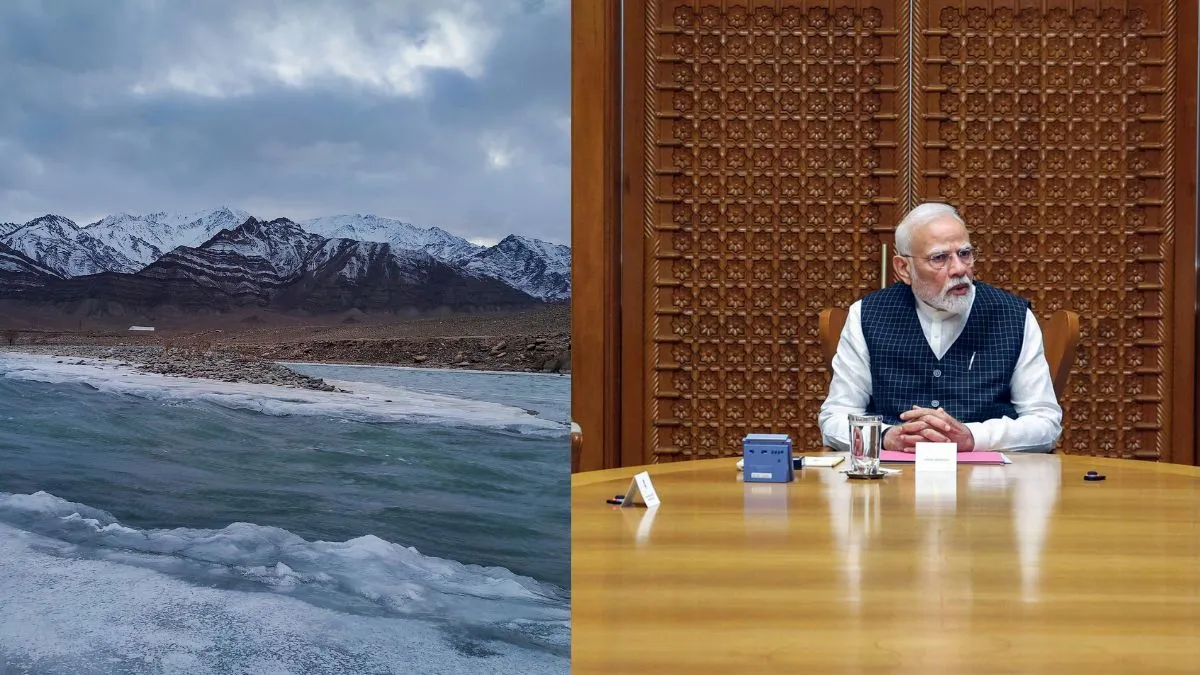- By Abhishek Sheoran
- Wed, 23 Apr 2025 11:34 PM (IST)
- Source:JND
India on Wednesday put on hold the Indus Valley Treaty with Pakistan in a series of big decisions made during the meeting of the Cabinet Committee on Security(CCS). This came after militants killed 26 tourists in an indiscriminate firing in Jammu and Kashmir’s Pahalgam on April 22.
The Resistance Front (TRF), a proxy of the Pakistan-based terror organisation Lashkar-e-Taiba (LeT), claimed responsibility for the brutal assault.
Thus, in a big retaliatory move, a PM Modi-led panel suspended the key agreement regarding the sharing of the Indus water between India and Pakistan.
What Is Indus Water Treaty
In 1960, the then-Prime Minister of India, Jawaharlal Nehru, and the former President of Pakistan, Ayub Khan, signed the Indus Waters Treaty. Under this agreement, India receives the waters of the three eastern rivers—Ravi, Beas, and Sutlej—while Pakistan receives the waters of the western rivers—Chenab, Jhelum and Indus.
Both India and Pakistan are allowed to use the water for domestic purposes such as hydro-power generation and irrigation.
According to the treaty, India is also permitted to store up to 3.6 million acre-feet of water from the western rivers for various purposes.
Under the treaty, any dispute is first to be addressed by commissioners appointed by both sides. If they fail to resolve the differences, an independent expert appointed by the World Bank can be consulted.
Pakistan initially requested an independent expert but later withdrew the request and instead sought adjudication from the Permanent Court of Arbitration (PCA), a global dispute resolution body based in The Hague. India has refused to recognise the PCA's jurisdiction, arguing that Pakistan has violated the mechanisms laid out in the treaty for resolving disagreements.
India had at times threatened to suspend the treaty. However, New Delhi never did this even during the war with Pakistan.
How will suspension of treaty affect Pakistan?
After prolonged mediation by the World Bank, the Indus Waters Treaty was signed between India and Pakistan. Before the implementation of this agreement, on April 1, 1948, India had stopped the water flow of two major canals, which left 1.7 million acres of land in Pakistani Punjab parched. Now, after the complete annulment of this treaty, India has effectively crippled Pakistan.
In fact, Pakistan's Punjab and Sindh provinces were heavily dependent on rivers like Chenab, Jhelum, and Indus to meet their water needs. But now, Pakistan will no longer receive water from these rivers.

